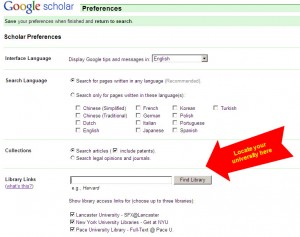Who is Invited?
Are you (or were you) a staff / faculty member who supervises, directs, mentors, or tutors doctoral students, who for at least part of their programme (including thesis / dissertation writing) are studying at a distance?
If so, have you ever had experiences of helping or supporting these students confront and work through any threshold concepts or areas of troublesome knowledge (i.e., aha moments, trouble spots, breakthrough areas, or defining moments of epistemological or ontological shift that may be pivotal in one’s identity development)?
 Want to share these experiences for an approved research project sponsored through the Centre for Studies in Advanced Learning Technology (CSALT) in the Department of Educational Research at Lancaster University?
Want to share these experiences for an approved research project sponsored through the Centre for Studies in Advanced Learning Technology (CSALT) in the Department of Educational Research at Lancaster University?
What is the Purpose of the Study?
The purpose of this research is to better understand the experiences of faculty members who work with doctoral students, at least in part via information and communications technology or technology-enhanced learning or e-learning, who have identified threshold concepts (i.e., aha moments, trouble spots, breakthrough areas, or defining moments of epistemological or ontological shift that may be pivotal in one’s identity development) for their students and were successful helping these learners through this troublesome knowledge.
Who are the Researchers?
This research is being conducted by Dr. Gale Parchoma (Lecturer / Assistant Professor in North America) and Jeffrey Keefer (Doctoral Student) at Lancaster University’s Educational Research Department, Centre for Studies in Advanced Learning Technology (CSALT).
What will Participation Involve?
Participation in this study will involve:
- An approximately one-hour interview via telephone or Skype.
- Approximately one hour of your time to review and potentially revise your interview transcript and/or summarized narrative.
We will organize our interview schedule as soon as we receive confirmation of participants. We anticipate interviews taking place between December, 2010 and January, 2011. We hope to be able to return transcripts to participants before the end of February, 2011.
How Can I Learn More?
Our approved Consent Form with more information is available for review. If you have questions, want to speak about this, or wish to participate, please email either Gale or Jeffrey.
Thank you for considering this request for participation. We hope to add to the academic body of knowledge through our work together.
